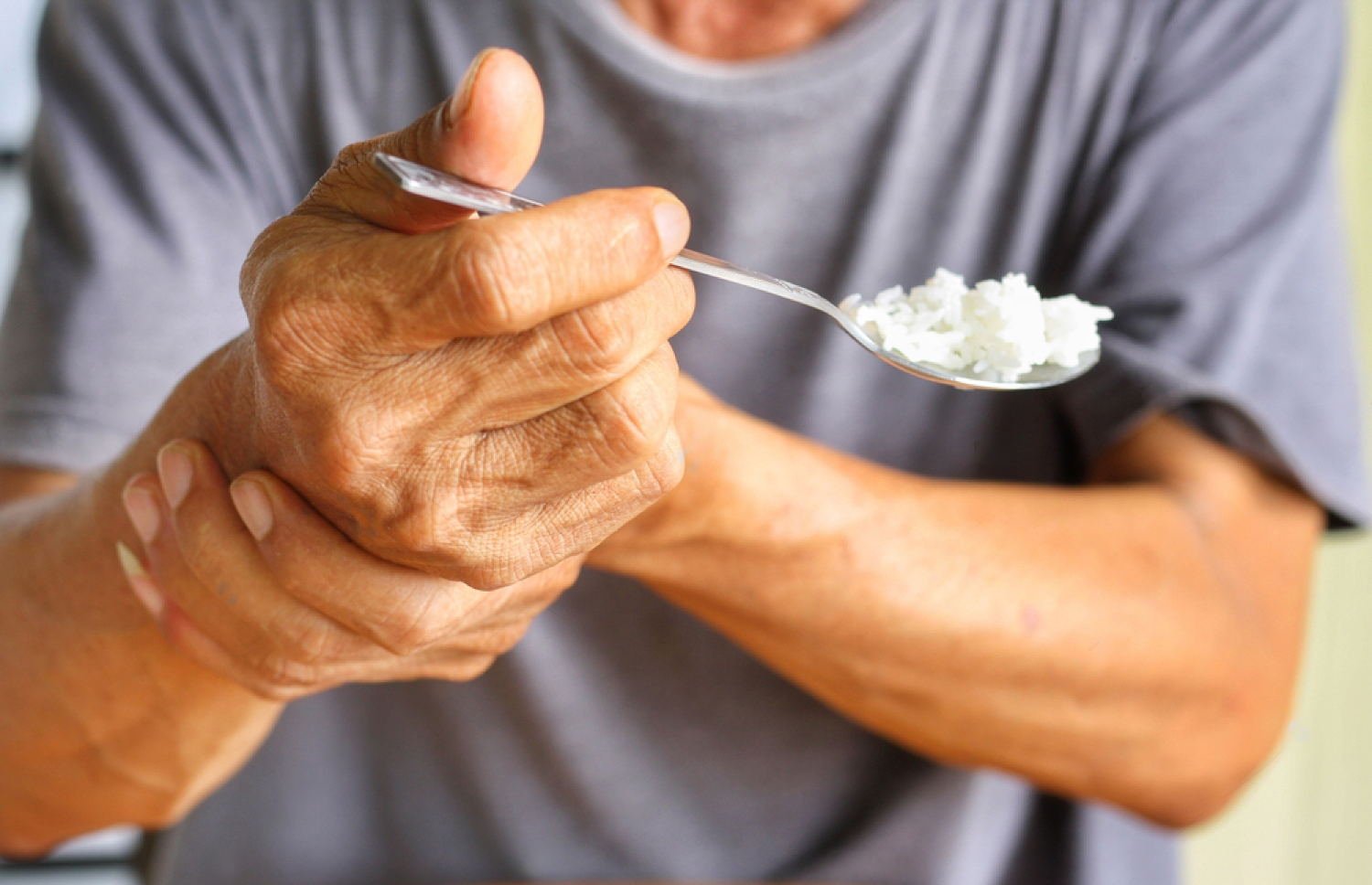Parkinson's disease is a problem in the brain that makes it hard to move. It gets worse as time goes on. The main signs are shaking hands, arms, legs, jaw, or face. Muscles can also become stiff, which makes moving difficult.
This happens because some brain cells that make a chemical called dopamine start to die. Dopamine is important for moving smoothly and in a coordinated way. As dopamine levels go down, the signs of Parkinson's become more noticeable.
Living with Parkinson's disease is not easy for the person with the condition or their family. Having a strong support system and working closely with doctors and nurses can help manage the disease better. Although there is no cure, treatments can improve the symptoms and make life better for people with Parkinson's.

